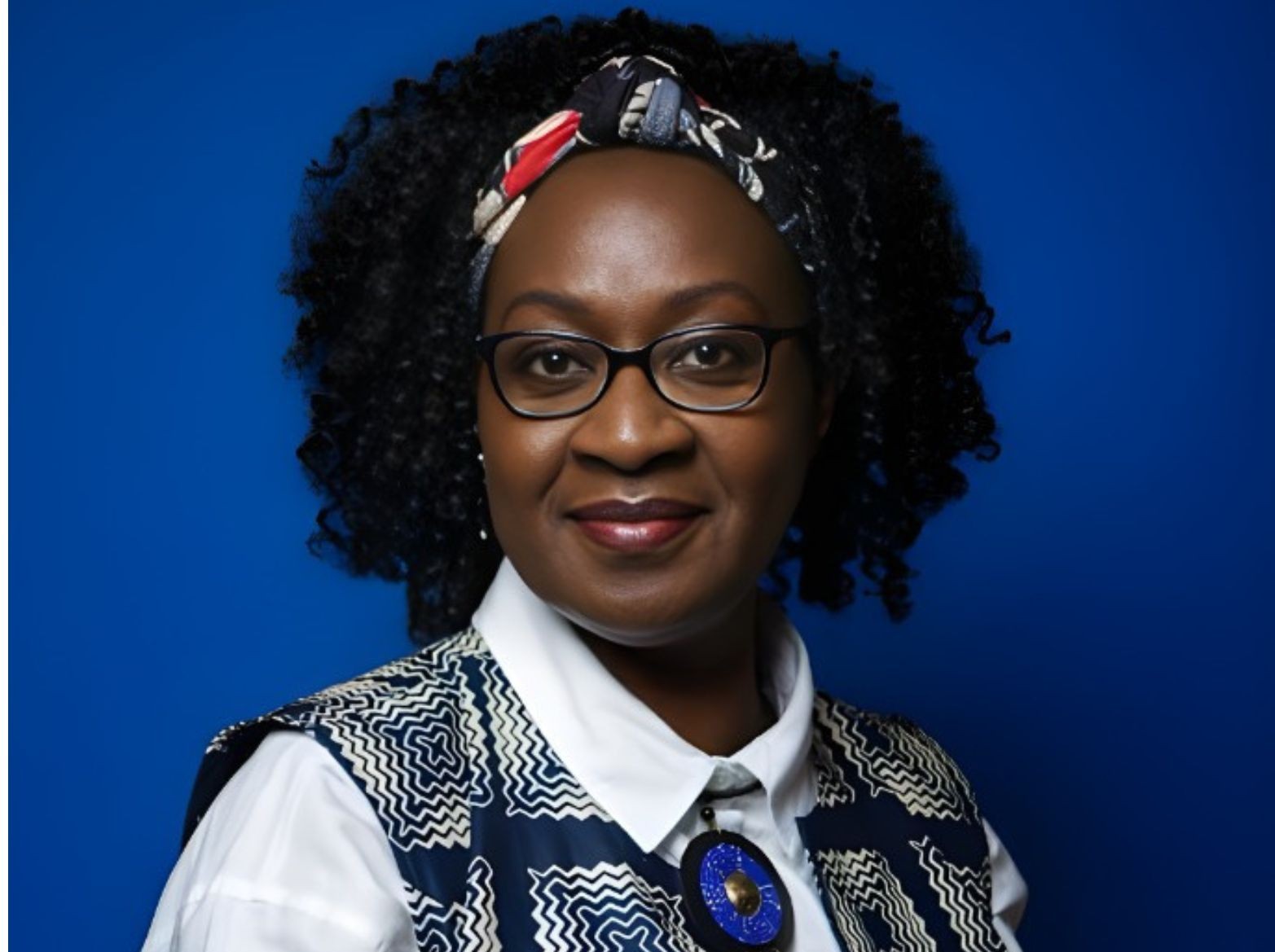Girls Not Brides but Leaders of Tomorrow
By Daniel Agusi
For millions of girls worldwide, childhood is cut short by early marriage, a practice that robs them of education, health, and the chance to shape their own future. At the forefront of the global movement to end child marriage is Dr. Faith Mwangi-Powell, CEO of Girls Not Brides, a partnership uniting more than 1,400 organizations across 100 countries.
Faith’s own story is deeply intertwined with the cause she now champions. Growing up in rural Kenya, she witnessed firsthand how girls’ dreams were curtailed by early marriage and pregnancy, but also how support and opportunity could transform a girl’s destiny. Today, she draws on that personal journey to lead one of the most powerful global coalitions for girls’ rights.
In this conversation with Raising Women Magazine, Dr. Mwangi-Powell reflects on her personal motivations, the lessons she has learned about driving systemic change, and her vision for a world where every girl can decide if, when, and whom to marry.
Q: Girls Not Brides has united a powerful global partnership to end child marriage. What personal or organizational insights continue to fuel your commitment to this cause, and how do they shape your leadership?
A: In my wallet, I carry a photograph of a young girl to remind myself every day who it is I work for. The photo is of a girl who grew up in a small village in Kenya. She’s about 7 years old and she has no shoes on her feet.
But what she does have is big dreams. She sees so many of her friends drop out of school, because they become pregnant or marry too young. She sees so many girls celebrated for becoming “women” before they are ready. But this girl in the photo, unlike many of her friends, is able fulfil her dreams. Her father supports her to get a full education. And now, she can stand here and say her dreams came true. I know this because the girl in the photo is me.
All girls have big dreams. And yet so many girls have their dreams cut short through no choice of their own. I have sat with women in communities from all around the world who share stories that mirror my own experiences growing up, stories of resilience, loss, survival, and hope. These conversations remind me that this isn’t just work, it’s personal.
Each year, an estimated 12 million girls are married before the age of 18. At Girls Not Brides, we believe every girl should have the right to choose if, who, and when to marry. I feel deeply honoured be doing the work we do, with our 1400 members around the world, helping to shift systems so that more girls can write their own stories, not have them written for them.
Q: Ending child marriage requires tackling deep-rooted social and cultural norms. What has been the most important lesson you’ve learned about driving systemic change across such diverse contexts?
A: Child marriage is rooted in gender inequality. Ending child marriage involves transforming the harmful norms, beliefs, and expectations around the role of girls and women.
One of the most important lessons I’ve learned is that systemic change is only sustainable when communities themselves are at the heart of tackling harmful norms, alongside wider socio-economic changes and government support. Ending child marriage requires working with local actors to challenge and reshape the beliefs, expectations, and power dynamics that sustain the practice. Across diverse contexts, I’ve seen that what resonates in one community may not in another. But what’s universal is the need to create space for dialogue, elevate local champions, and show alternatives that align with people’s values and aspirations. When families and communities start to see that keeping girls in school, expanding opportunities, and delaying marriage benefits not just girls but the whole community, norms begin to shift.
Q: Looking ahead, how do you envision Girls Not Brides evolving its strategy to address the changing realities facing girls worldwide, and what role do partnerships play in creating sustainable impact?
A: This year, we have seen so many different Governments and donors announcing funding cuts to international development, and to gender equality work specifically. Millions of girls and women around the world are already experiencing the impact of these cuts in relation to difficulties accessing critical health care, education, and poverty-reduction programmes. As communities and families are confronted by deepening poverty, deprivation, economic pressure, and climate change, there are millions more girls at risk of child marriage. So Girls Not Brides is evolving to become even more focused on ensuring we can protect and hopefully unlock even more funding to end child marriage. We are lucky enough to have really fantastic partnerships with committed donors, governments, and other advocacy organisations, and of course, our 1400 members. We will be convening and coordinating this movement to end child marriage to ensure this important work is properly funded, that funding is long-term and sustainable, and that it is coordinated to have maximum impact for girls.







